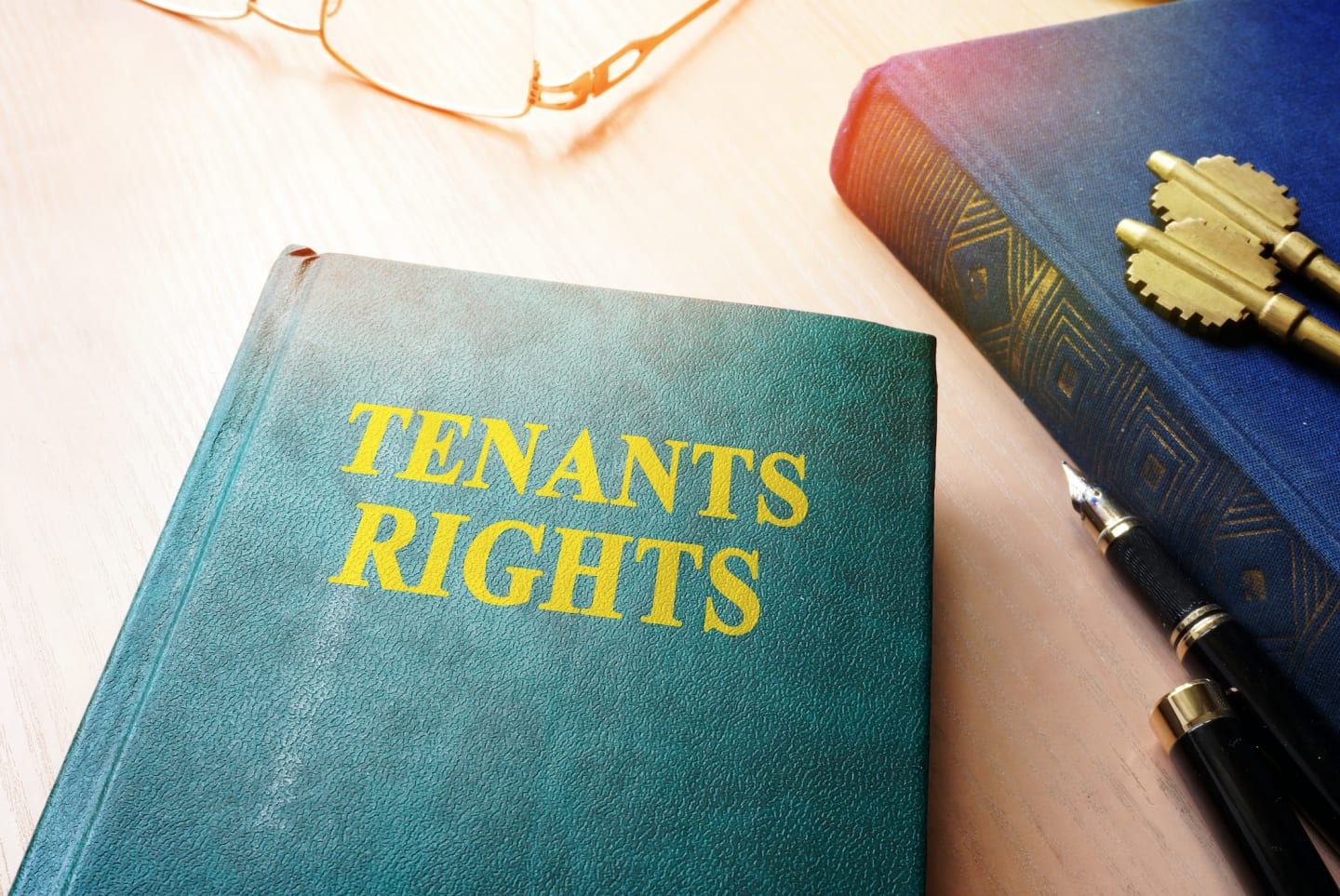COVID-19: What are your rights as a tenant?
As millions of Australians experience a decrease in working hours or even loss of employment, the anxiety around not being able to afford rent is real for many renters in Australia.
On March 29th, Prime Minister Scott Morrison announced a 6-month moratorium on evictions across Australia. On Wednesday, April 7th, the Federal Government further announced a mandatory Code of Conduct for small and medium-sized businesses. Unfortunately, residential tenancies are still excluded from any new regulations. However, there are still steps that tenants can take to protect themselves during this difficult time.
RESIDENTIAL TENANCIES ACT (1997)
Landlords and tenants are bound by the above legislation, which states that the landlord may evict the tenant “if the tenant owes at least 14 days rent to the landlord” (p. 222). But following the Federal Government’s latest decision, this law should be the exception rather than the rule.
NEGOTIATION
At this point, open communication is the best way to solve the matter at hand.
- Alternative payment plans, e.g. paying by instalment, deferred payment
- Rent relief or abatement
- Alternative living arrangements on the property
Landlords and tenants who are not in significant financial distress over current circumstances are to honour the existing lease agreement.
RULES LANDLORDS MUST COMPLY WITH
Your rights as a tenant also extend to keeping your landlord in check:
Landlords are legally obligated to ensure the peace and comfort of their tenants. Under COVID-19, this rule still stands. However, if your landlord intends to go ahead with an inspection, urge them to consider:
- Limiting the number of people present in the premise
- Equipping those present with the adequate protective items, e.g. face masks, hand sanitisers, handwash
- Maintaining a healthy social distance of 1.5 to 2 metres
If there comes the point where an eviction occurs, remember that your landlord has to present a written notice to vacate the premises.
COVID-19 presents a tough time for everyone; and both landlords and tenants should cooperate in good faith and find common ground, and we should work together to make sure that nobody feels uncertain about the stability of their living situation.
Please note that this article does not constitute legal advice. If you are facing significant legal trouble as a tenant, engage a lawyer to assess your personal situation.
